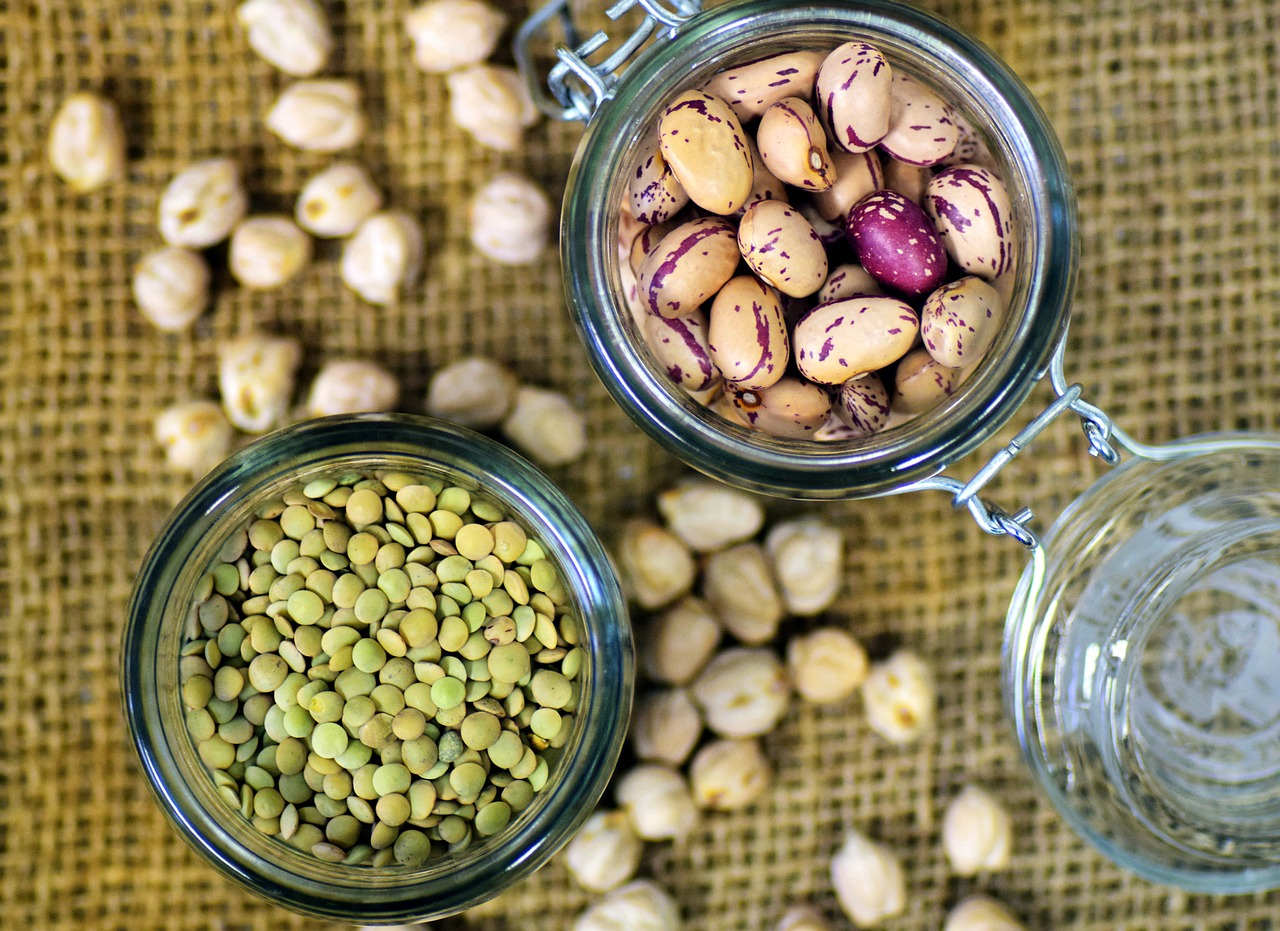A Vital Macronutrient Proteins are not just essential macronutrients, but they are the foundation blocks of life. Every cell in the human body contains protein. From muscle building to facilitating critical biochemical reactions, proteins play a pivotal role in ensuring our body functions smoothly.
The Role of Proteins in the Human Body
1. Tissue Building and Repair:
Every time we get a cut or a bruise, it’s the proteins that assist in repairing the damaged tissues. Not only this, but proteins also promote muscle growth, making them indispensable for athletes, bodybuilders, and fitness enthusiasts.
2. Enzymatic Activities:
Proteins act as enzymes, speeding up specific biochemical reactions. For instance, digestion is facilitated by enzymes like amylase, lipase, and protease, which help break down carbohydrates, fats, and proteins, respectively.
3. Hormonal Functions:
Several hormones in the body, such as insulin and oxytocin, are proteins. These hormones play essential roles in regulating blood sugar, reproductive behaviors, and many other physiological processes.
4. Transport and Storage:
Hemoglobin, a protein in our blood, carries oxygen from the lungs to different parts of the body. Similarly, ferritin stores iron and releases it in a controlled fashion.
Amino Acids: The Building Blocks of Proteins
Proteins are made up of smaller units called amino acids. There are 20 standard amino acids, out of which 9 are essential, meaning they must be obtained from our diet. These amino acids combine in myriad ways to form proteins, which then perform various functions in the body.
Sources of Protein: Not Just Meat
- Animal Sources:
These are complete protein sources, meaning they provide all essential amino acids. Examples include chicken, beef, fish, eggs, and dairy products. - Plant Sources:
While most plant sources lack one or more essential amino acids, combining them can provide a full protein profile. Examples include beans, lentils, chickpeas, quinoa, and tofu. - Protein Supplements:
For those who struggle to get enough protein from food sources, supplements like whey protein, soy protein, and pea protein can be beneficial.

Recommended Daily Intake of Protein
The recommended daily intake varies based on factors like age, gender, physical activity, and health conditions. On average, adult men and women are advised to consume around 56 grams and 46 grams of protein, respectively. However, this can vary for athletes or those with specific dietary needs.
A Macronutrient That Can’t Be Overlooked
Understanding the role of proteins and ensuring its adequate intake is pivotal for maintaining health and wellness. As one of the primary macronutrients, incorporating the right amount and quality of protein in our diet can pave the way for optimal health and well-being. Whether you’re a professional athlete, a casual gym-goer, or just someone keen on living healthily, proteins should be on the top of your nutritional list.


